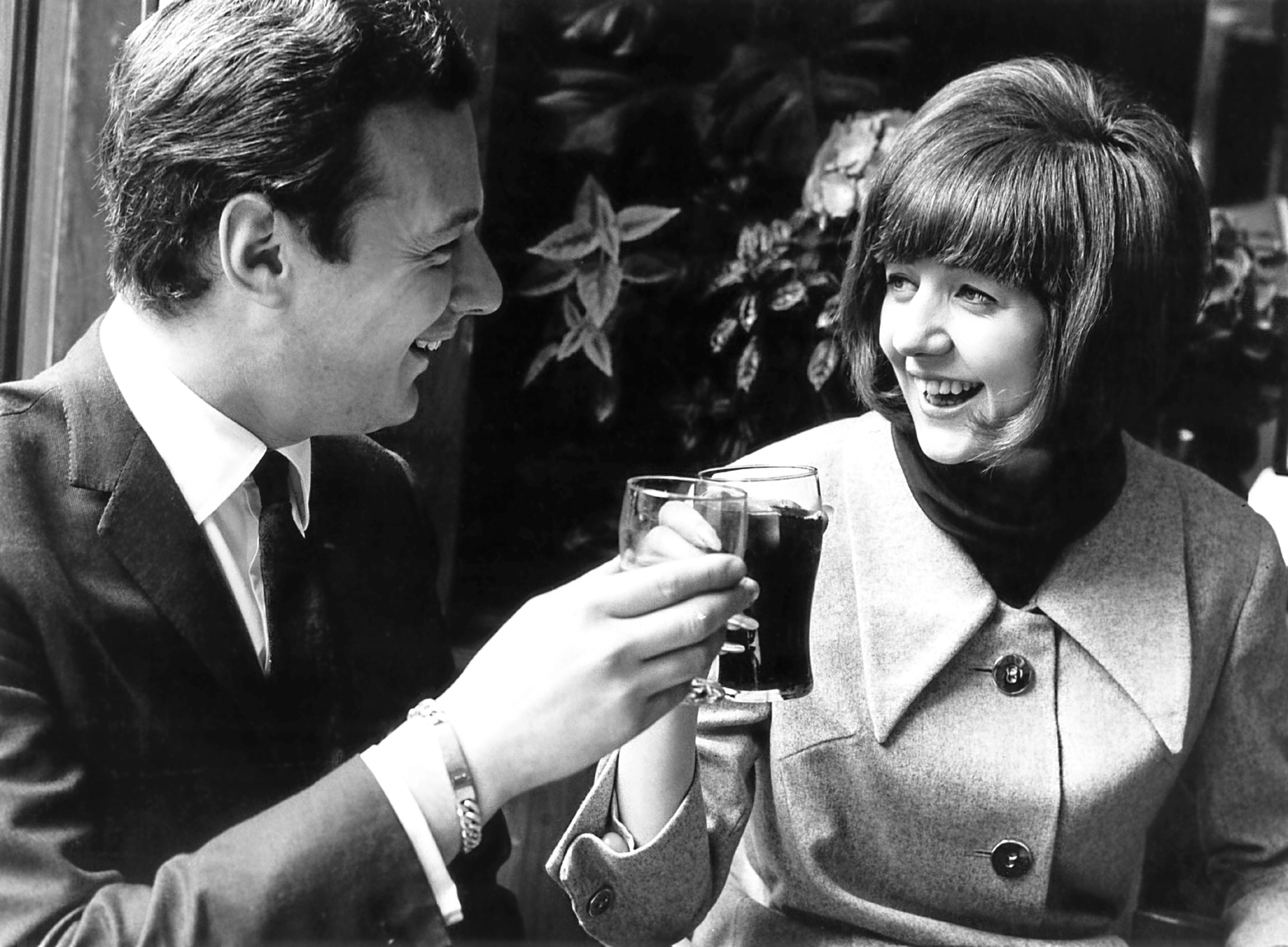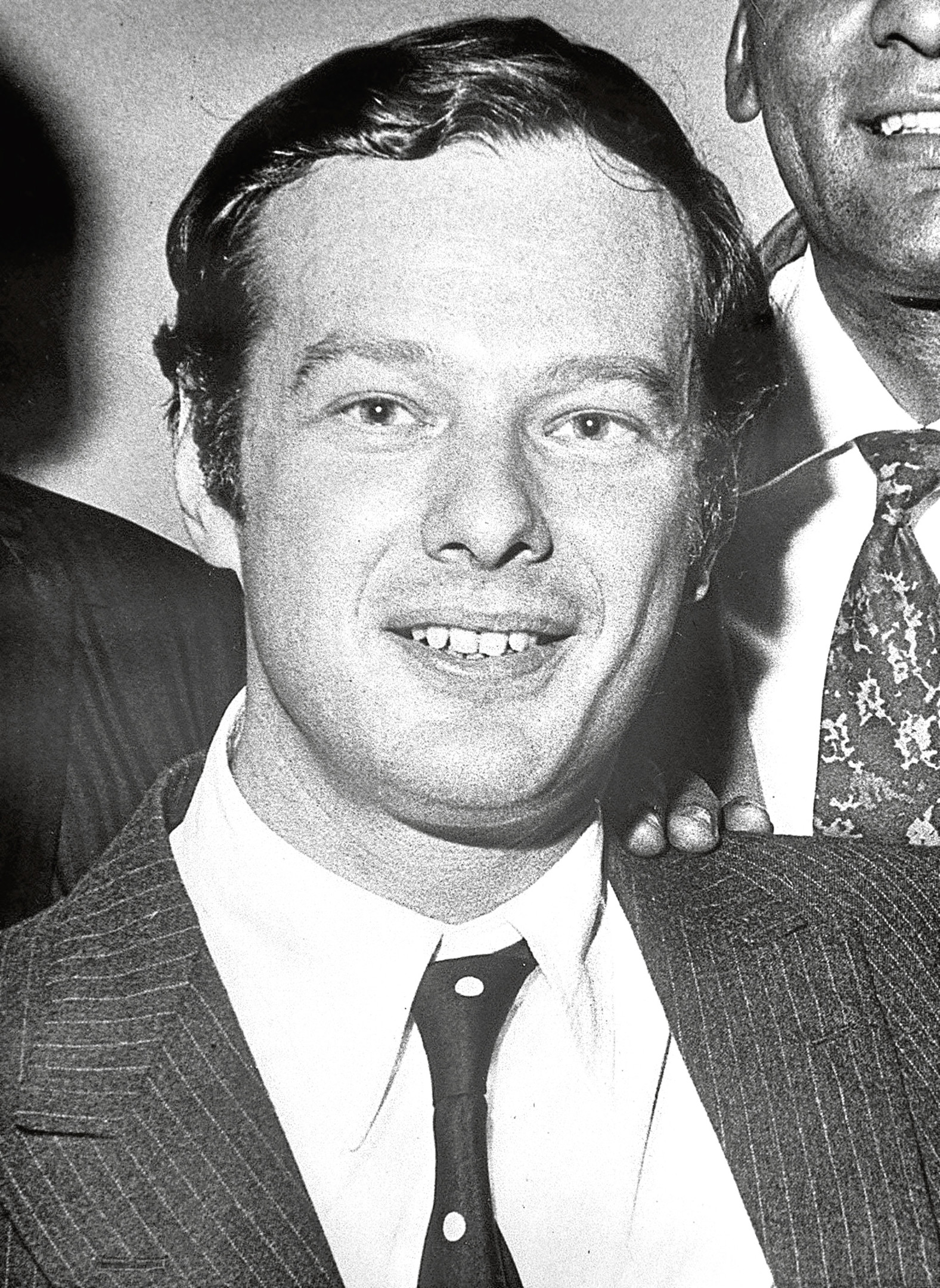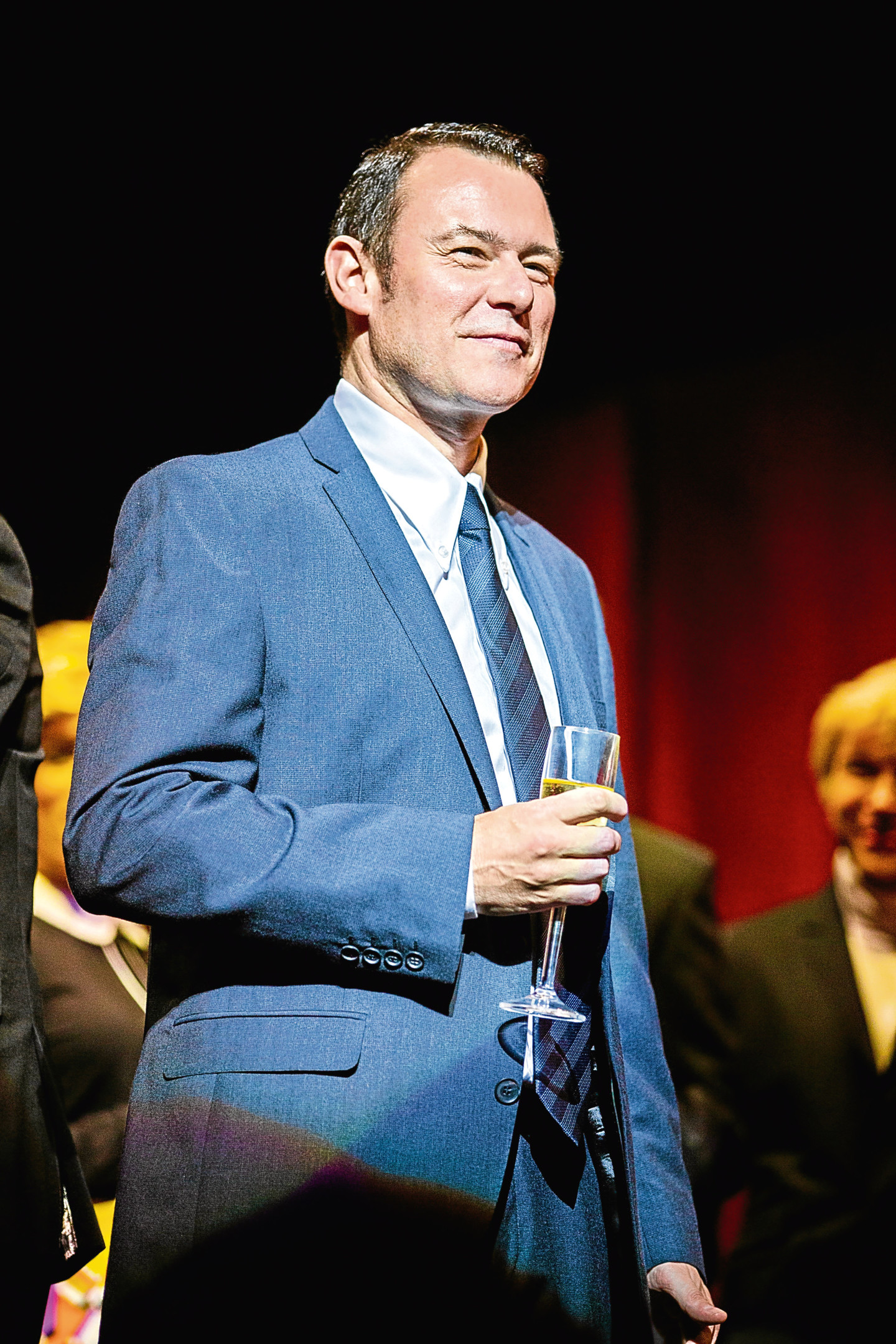
IF anyone was the fifth Beatle, it was Brian Epstein.
And if anyone would know, it would be Paul McCartney, whose words those are.
George Harrison once said that the MBE he and his fellow Fab Four bandmates were awarded in 1965 stood for Mr Brian Epstein.
Epstein was the musical entrepreneur who discovered The Beatles during a lunchtime performance in The Cavern Club in November, 1961.
He said: “I was immediately struck by their music, their beat and their sense of humour on stage. And even afterwards, when I met them, I was struck again by their personal charm and it was there that, really, it all started.”
They signed a management contract in February, 1962 — a document sold at auction in 2008 for £240,000.
But it took months of hawking the band around disinterested record labels before George Martin finally agreed to sign them to Parlophone — largely because of Brian’s conviction they would become internationally famous.
Epstein had briefly attended RADA — where his classmates included Albert Finney and Peter O’Toole — and this influenced his decision to smarten up the group, swapping their jeans and leather jackets for suits and introducing the famous synchronised bow at the end of their performances.
One man who knows more about Epstein than most is Andrew Lancel, who played him in Brian Epstein — The Man Who Made The Beatles in the West End and on a national tour, and who’s back in Brian’s shoes in Cilla — The Musical.
This tells the story of Cilla Black’s rise to fame and, as her manager, too, could it have been called Brian Epstein — The Man Who Made Cilla?
“Well, this isn’t a show about Brian, it’s a show about Cilla and is a snapshot of a particular period in his life,” explains Andrew, whose stint as evil Frank Foster in Coronation Street saw him named Villain Of The Year at the British Soap Awards in 2012.
“We’re all familiar with Cilla the star, the national treasure, and this shows how he put her on course to become that.
“She was already making a name for herself, but he opened doors for her, breaking her in the States and introducing her to The Beatles — Paul McCartney wrote the theme song for her TV show.
“Brian was particularly close to John Lennon and it was he — and his fierce Aunt Mimi who told Lennon to introduce Cilla to Brian! — who persuaded Epstein to give Cilla an audition.
“In fact, he persuaded him to give her a second chance when the first didn’t go so well.”
This was because The Beatles, as Cilla’s backing band, played the songs in their usual key rather than pitching them for her voice.
“Brian and Cilla’s relationship certainly became a bit strained in the final year,” says Andrew. “She accused him of not paying her enough attention, and of being distracted by drugs, and that’s all in the show.
“But at the same time, Brian was the man who made the TV deal that set her on the road to becoming the British institution who presented Blind Date, Surprise Surprise and everything.”
Epstein’s personal life was indeed a bit of a mess.
The fact he was gay, when homosexuality was still illegal, was an open secret among his friends and led to him being discharged from National Service.
A clerk with the Royal Army Service Corps, he had an officer’s uniform made for him that he wore while cruising London’s bars, but was arrested in the Army and Navy Club in Piccadilly for impersonating an officer.
Epstein avoided a court martial by agreeing to see a psychiatrist, who learned of his sexuality, and Brian was discharged for being “emotionally and mentally unfit”.
The Beatles were fiercely protective of their manager, shunning anyone who poked fun at his sexuality, though Lennon was known to mock him for it on occasion.
Epstein also had a worsening drug habit. He’d been taking stimulants since starting out in music management, but began taking too many.
He also spent an unsuccessful stint in the Priory trying to curb his addiction to amphetamines.
Not only that, but Brian was a heavy gambler, often losing thousands of pounds at baccarat in places such as Curzon House, which wouldn’t charge him for the expensive food and fine wine he consumed as they knew he’d lose much more at the gaming tables.
On August 27, 1967 Epstein was found dead by his butler, having taken an overdose.
An inquest ruled it to have been accidental as the six barbiturates Brian had taken in order to sleep was probably normal for him, but a gradual build-up in his system, combined with the alcohol he’d been consuming had reduced his tolerance to lethal levels.
The Beatles didn’t attend the funeral, to allow his family privacy and to avoid attracting fans.
“He had so much more to do,” says Andrew. “Remember, Brian died aged just 32 and I think he’d have made both The Beatles and Cilla even bigger.
“He’d have created a huge movie career for The Beatles, as they’d already stopped touring, and once he was gone, they started falling out over every little thing when before, he’d kept them together.”
Playing Cilla Black was a lorra, lorra pressure for musical star Kara Lily Hayworth
This is spot-on because as well as handling their business affairs, Epstein often stepped in to sort out personal disputes within the group and without his calming influence, cracks quickly began to show.
Indeed, John Lennon later said of Epstein’s death: “I knew we were in trouble then. I thought: ‘We’ve had it now.’”
Andrew adds: “He’d have concentrated on them and Cilla, and delegated acts like Gerry and the Pacemakers to other people in his organisation while he made her into an international star.”
Cilla — The Musical is on until April. For tickets, visit www.cillathemusical.com

Enjoy the convenience of having The Sunday Post delivered as a digital ePaper straight to your smartphone, tablet or computer.
Subscribe for only £5.49 a month and enjoy all the benefits of the printed paper as a digital replica.
Subscribe
